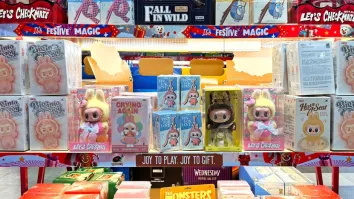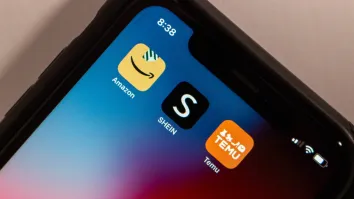
Private labels drive 8% of global FMCG sales growth
53% of global shoppers are buying more private labels.
Private label products are driving significant growth in the global fast-moving consumer goods (FMCG) sector, accounting for nearly 8% of global sales growth over the past year, according to NIQ.
This marks a clear shift as retailers move beyond using store brands as low-cost fillers and instead focus on innovation in premium and niche segments such as wellness, sustainability, and convenience, the report noted.
Consumer demand is rising, with 53% of global shoppers reporting that they are buying more private label products than ever before.
The study showed that there is a 4.3% year-over-year increase in global private label sales, whilst Technavio projects continued growth with a compound annual growth rate of 6.64% through 2028.
To fully capitalise on this momentum, retailers must strengthen their omnichannel strategies.
As private labels evolve into serious contenders alongside national brands, strong digital content has become essential. Shoppers now expect private label products to be just as informative, discoverable, and visually compelling as their branded counterparts.
Additionally, high-quality visuals are especially important. Clear, high-resolution images help consumers evaluate product quality, build trust, and reduce returns. With 87% of grocery shoppers using mobile devices, visuals must also be optimised for smaller screens.
Moreover, computer-generated imagery (CGI) offers a fast, scalable solution for producing consistent product images—ideal for retailers managing large private label portfolios with frequent updates or seasonal packaging.
In addition to visuals, detailed product attributes such as dietary claims, allergen information, and usage instructions improve discoverability by feeding search and recommendation engines on e-commerce platforms. These details are particularly important in fast-growing categories like gluten-free foods or sustainable household items.
Finally, consistency is key. Consumers expect a seamless shopping experience across online and offline channels, and that means private label content must be aligned everywhere. Product naming, packaging visuals, and descriptions should be consistent and clear to help shoppers find what they’re looking for quickly and confidently.

















 Advertise
Advertise







